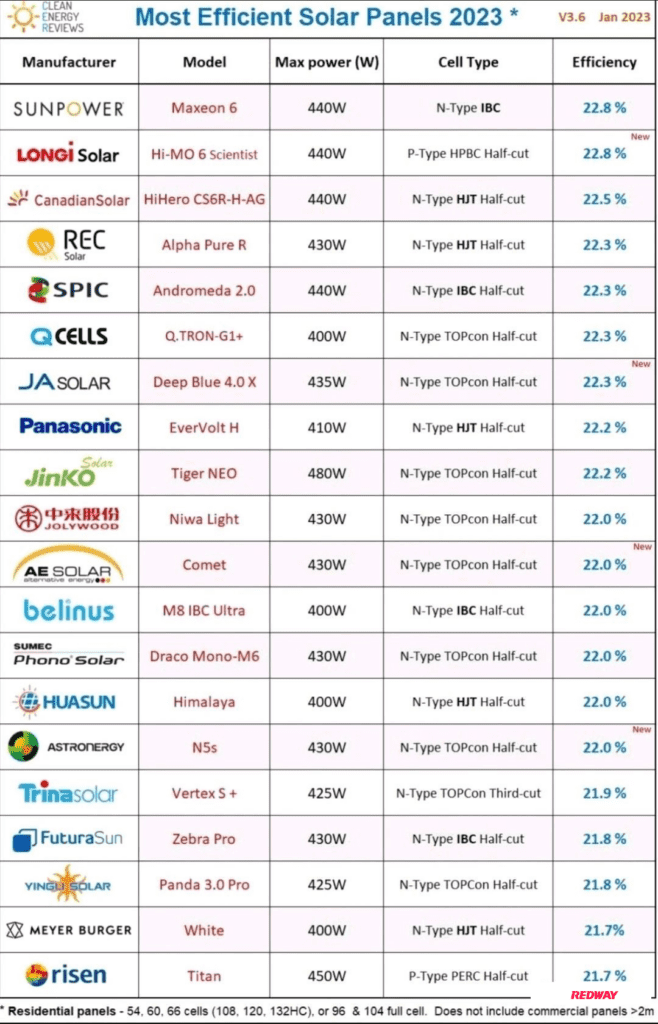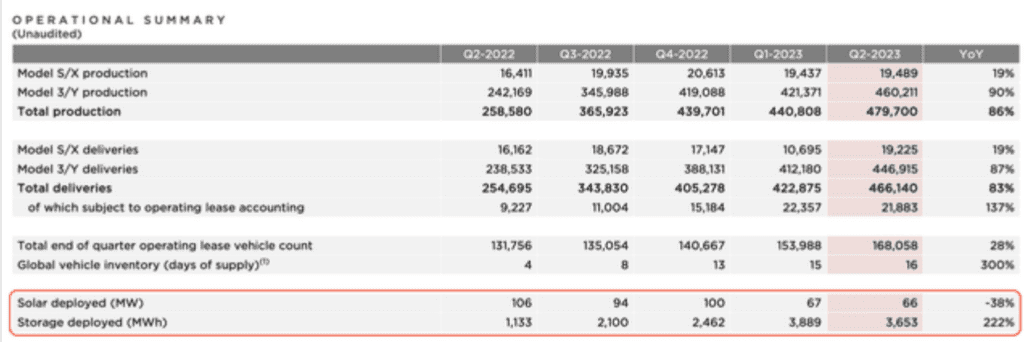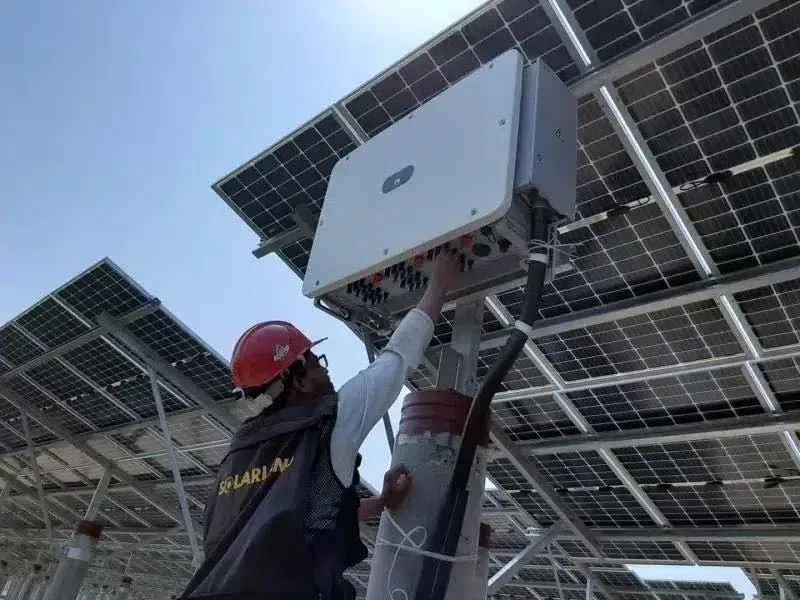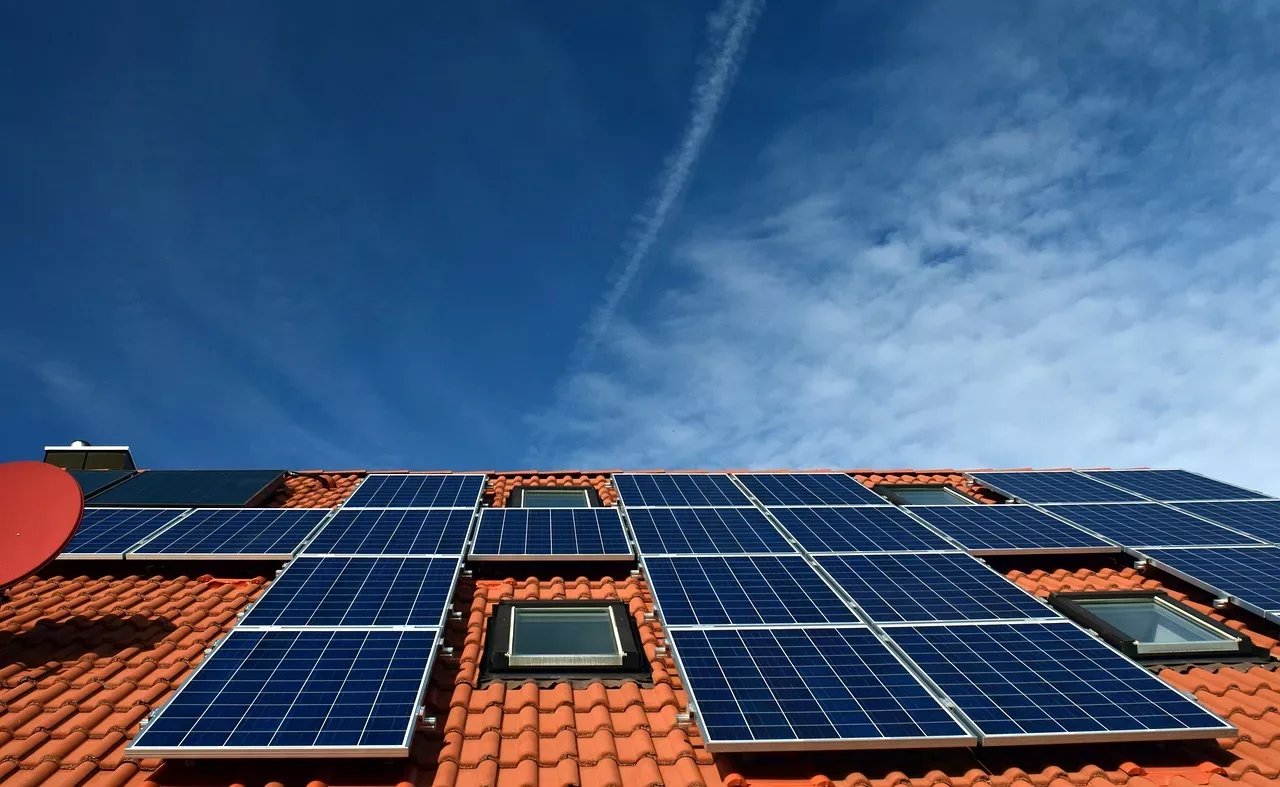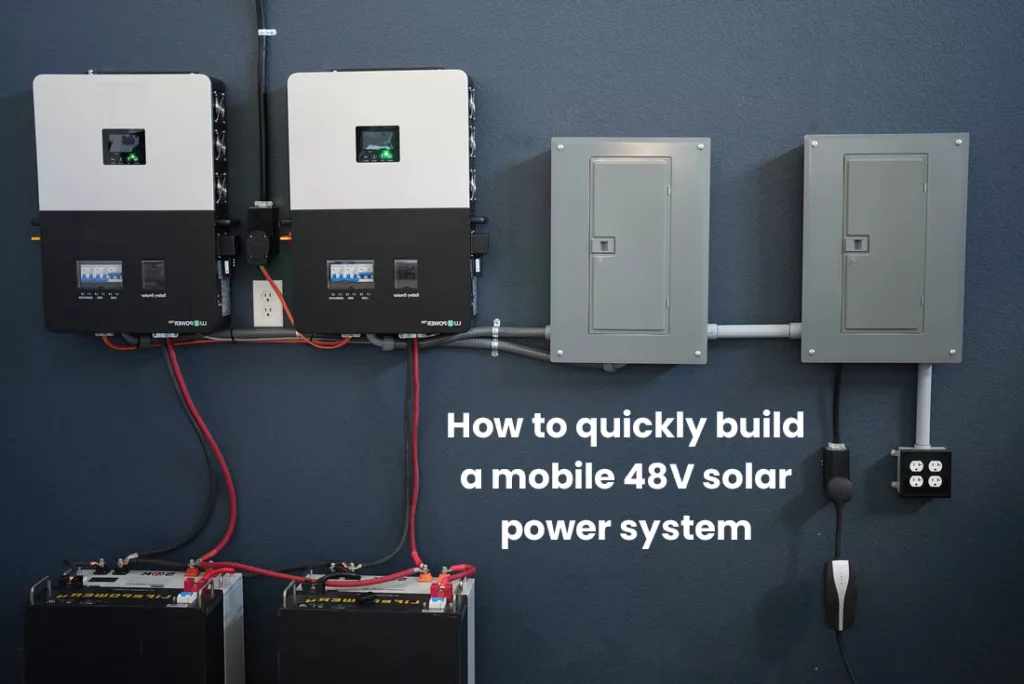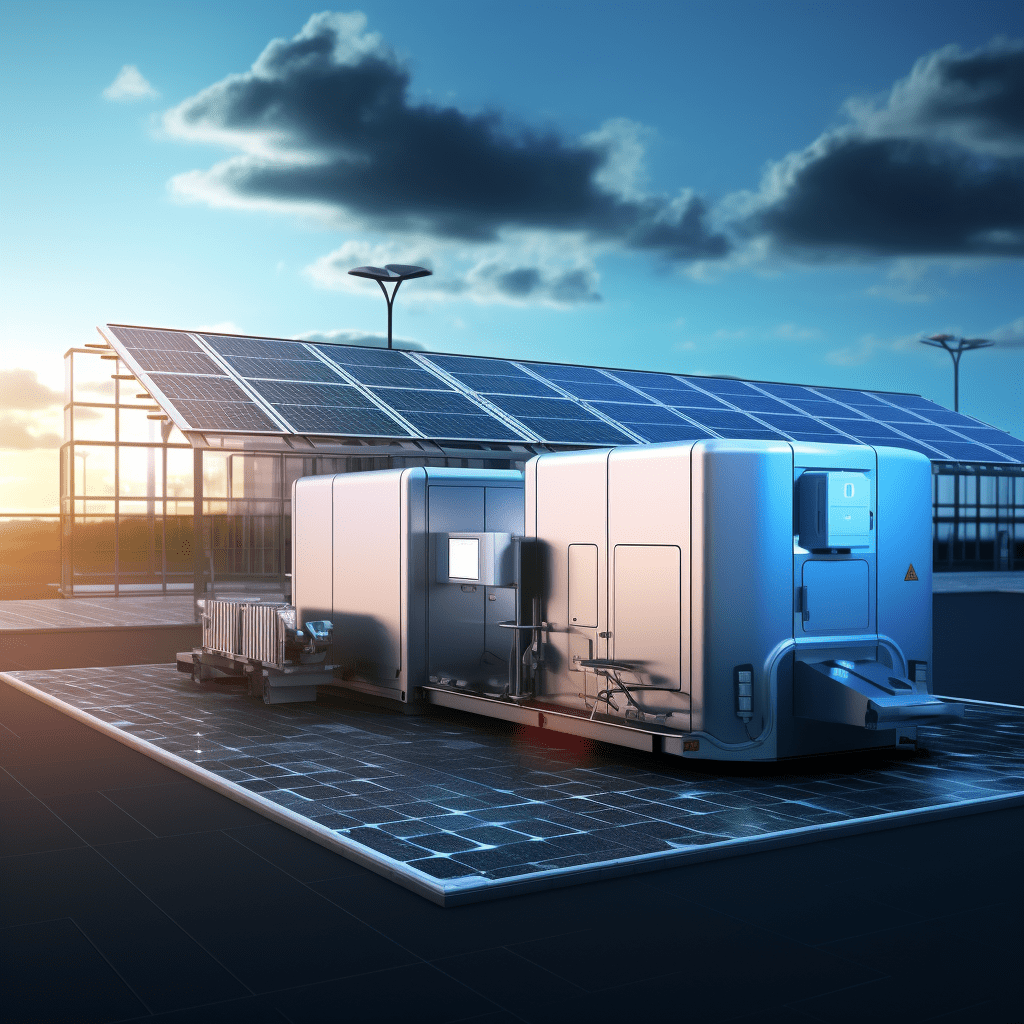Have you ever wondered what size charge controller is suitable for your 200W solar panels? Before we dive into that, let’s first understand what a charge controller is and why it is important for your solar installation. A charge controller acts as a middleman between your solar panels and your battery storage system. It regulates the amount and rate of charge going into the batteries, preventing overcharging and battery depletion. This helps to prolong the lifespan and optimize the performance of your batteries.

#post_seo_title
So, what size charge controller do you need for your 200W solar panels? The optimal size for a 200W solar panel is a 20-amp charge controller. This calculation is based on dividing the power output of the solar panel by its voltage. However, it is recommended to have a slightly larger charge controller, around 20 amps, to provide a safety margin in case of variations. This ensures that your charge controller can handle the maximum power output of your solar panels.
Now, let’s explore the sizing requirements for other common solar panel sizes:
1. What size charge controller do I need for 250W solar panels?
For a 250W solar panel, a 14.4-amp charge controller is recommended. Remember to choose a charge controller with a current rating higher than the panel’s current to ensure optimal performance.
2. What size charge controller do I need for 300W solar panels?
A 300W solar panel typically produces around 25 amps of current. In this case, a 30-amp charge controller is suitable to handle the panel’s output.
3. What size charge controller do I need for 400W solar panels?
A 400W solar panel usually generates 10 amps of current. Therefore, a 12-amp charge controller is sufficient to handle the panel’s output.
4. What size charge controller do I need for 500W solar panels?
A 500W solar panel typically requires a 30-amp charge controller. It is always a good idea to choose a charge controller with some extra capacity for future expansion.
5. What size charge controller do I need for 1000W solar panels?
For a 1000W solar panel system, a 50-amp charge controller is recommended. This allows for a safe and efficient charging process.
6. What size charge controller do I need for 1200W solar panels?
A 1200W solar panel system requires a charge controller with a capacity of 72 amps. It is important to choose a charge controller that can handle the maximum output of your solar panels to avoid any performance issues.
7. Can I use a smaller charge controller than recommended for my solar panel size?
It is generally not recommended to use a smaller charge controller than the recommended size for your solar panel. This can lead to inefficiencies and may result in damage to your battery system.
8. Can I use a larger charge controller than recommended for my solar panel size?
Using a larger charge controller than recommended for your solar panel size is not a problem. In fact, it can provide some flexibility for future system expansion and can handle higher power outputs during peak sunlight conditions.
9. What voltage should the charge controller be for my solar panel system?
The voltage of the charge controller should match the voltage of your solar panel system. Commonly used voltages for charge controllers are 12, 24, and 48 volts. It is important to choose a charge controller with the same voltage as your system to ensure compatibility and efficient charging.
10. Can I connect solar panels directly to my batteries without a charge controller?
It is not recommended to connect solar panels directly to your batteries without a charge controller. Solar panels produce higher voltages than the nominal battery voltage, and without a charge controller, overcharging and battery damage can occur. A charge controller is essential for safe and efficient battery charging.
Remember, it is always best to consult with a professional or an experienced solar installer when determining the appropriate size charge controller for your specific solar panel system. They can provide personalized advice based on your unique requirements and ensure optimal performance and longevity for your batteries.


